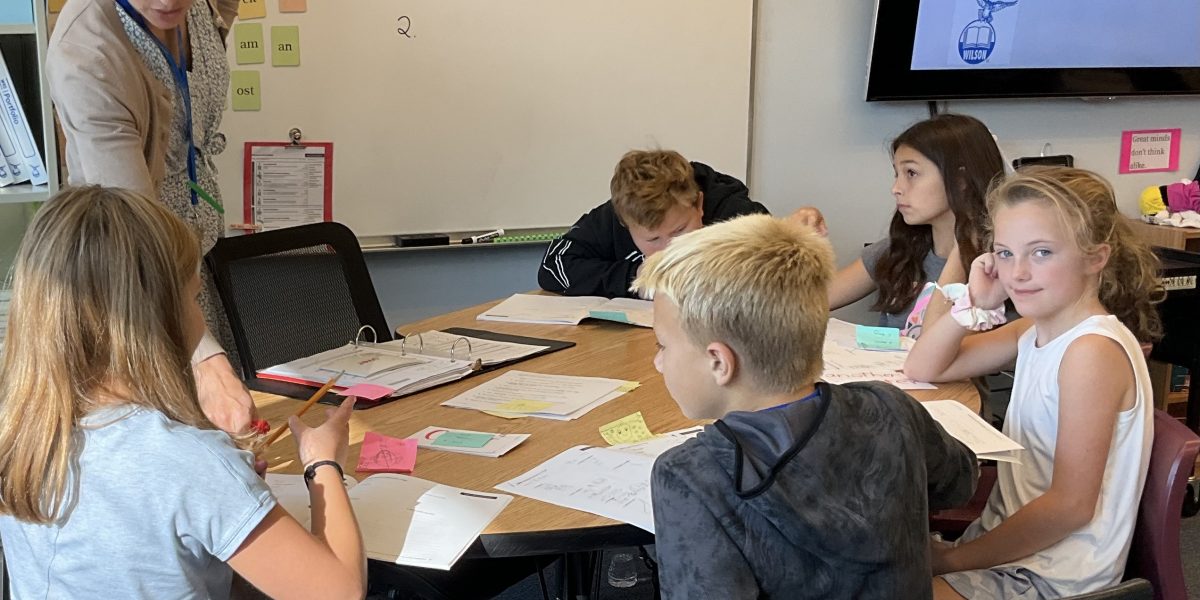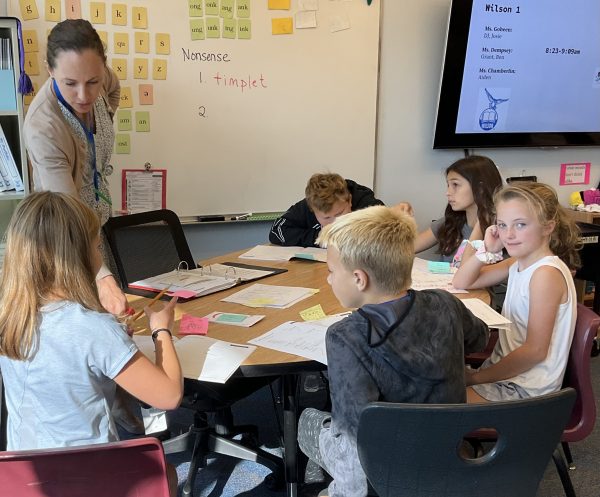
Develop a “No Sarcasm Zone”
October 1, 2022
Staff Spotlight: Kristy Ilg
October 14, 2022
Sometimes a parent and a school disagree about how much their child is being impacted by their ADHD. It can be confusing why some children with ADHD have Individual Education Plans (IEPs) and others do not.
Here Dr. Mary Ann Mulcahey uses her years of knowledge and experience as a clinical psychologist to help families better understand the evaluation and IEP process when ADHD is involved.
Who diagnoses ADHD?
A Pediatrician, Psychologist or Licensed Social Worker makes the diagnosis of ADHD. These professionals follow the guidelines in the Diagnostic Statistical Manual – 5th edition. The minimum requirement is that objective questionnaires be completed in two environments: home and school.
The student must score at or above the 93rd percentile for problems with focus/attention when compared to a student of the same sex and age in school and at home (ADHD: Inattentive Presentation). For ADHD: Combined Presentation the student must be impulsive/overactive at the 93rd percentile.
When a student qualifies for Special Education at school they receive an IEP. The Individuals with Disabilities Education Act (IDEA) has defined categories under which a student might qualify for special education. ADHD is under the category of “Other Health Impaired”.
You have a diagnosis. Now what?
In addition to the diagnosis, a student must show a “significant impairment” in the classroom. Students who are scoring in the average range on curriculum-based assessments, average on academic achievement and are earning average grades would not be “impaired” at school.
Sometimes students earn average grades because they’re receiving extensive support at home. Parents may even feel they are “homeschooling” their child in the evening after school. The parent monitors assignments online, reviews topics that were covered in school during the day, supervises homework and then makes sure that homework gets to school the next day.
If this is happening in your home, you may need to scale back the academic support at home.
Why? Teachers need a sense of how your child functions on their own.
This will be challenging since your child has come to depend on your support. To help, explain to both your child and the teacher why you are reducing your assistance. Then slowly taper your support.

You can start by encouraging your child to complete everything they can before seeking help. Let the teacher know specifically what your child did independently and what required assistance.
Note the date when you begin tapering off the extensive support at home, and track your child's test and homework grades.
Give it two weeks and ask to meet with the teacher to review the assignments and tests. That would be the time to bring up your interest in an IEP.



